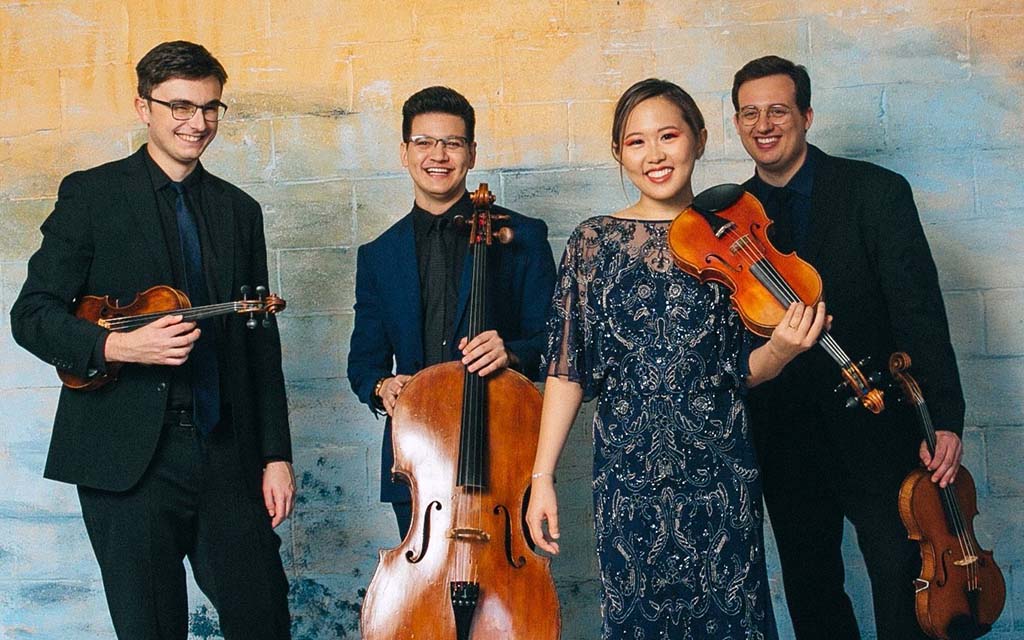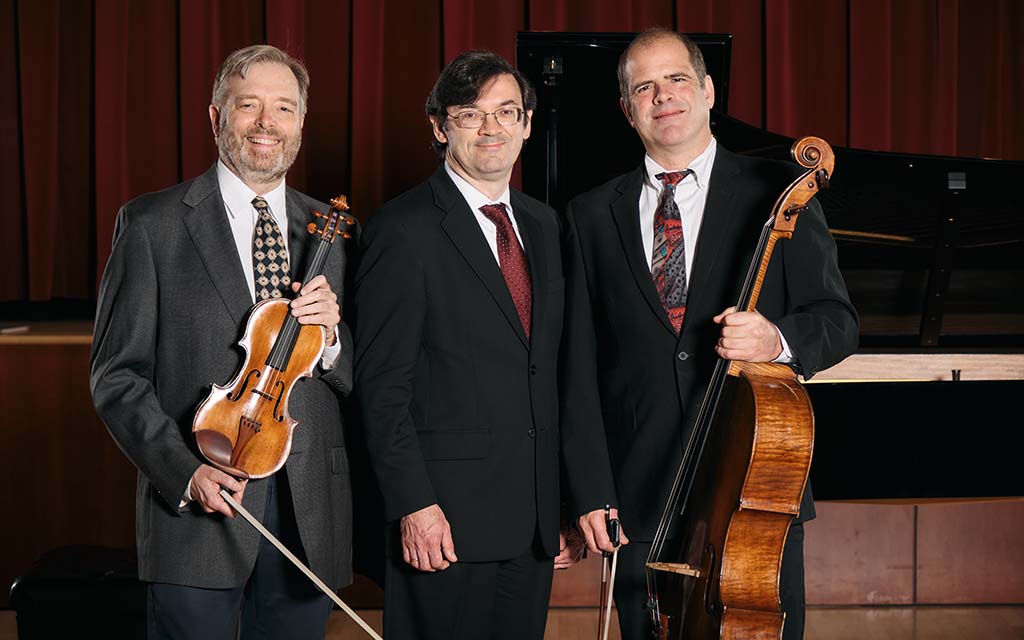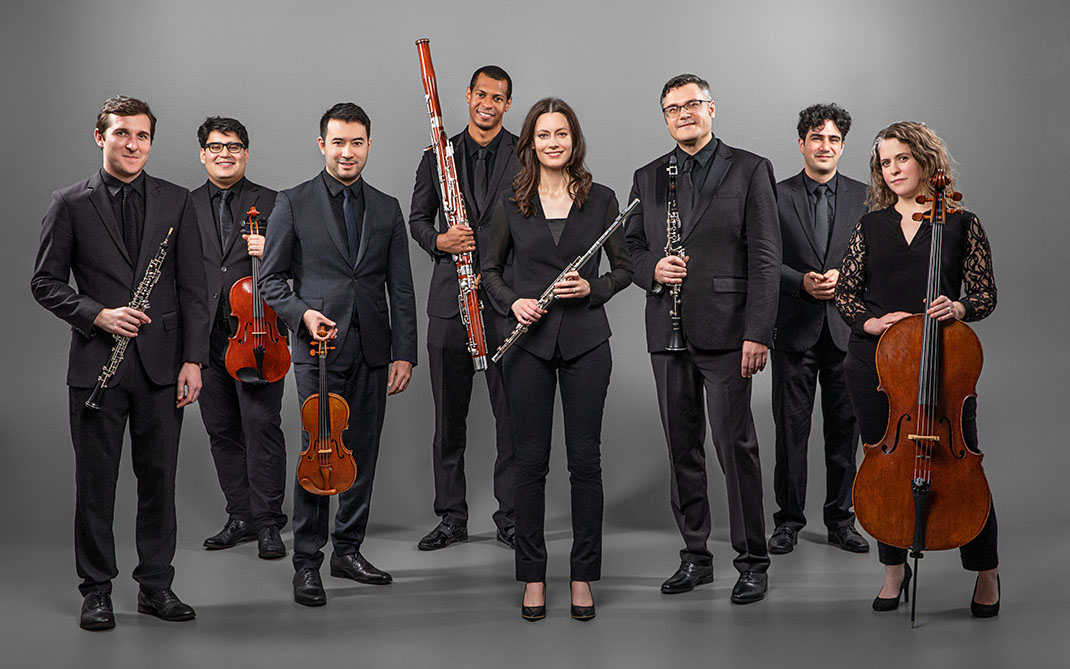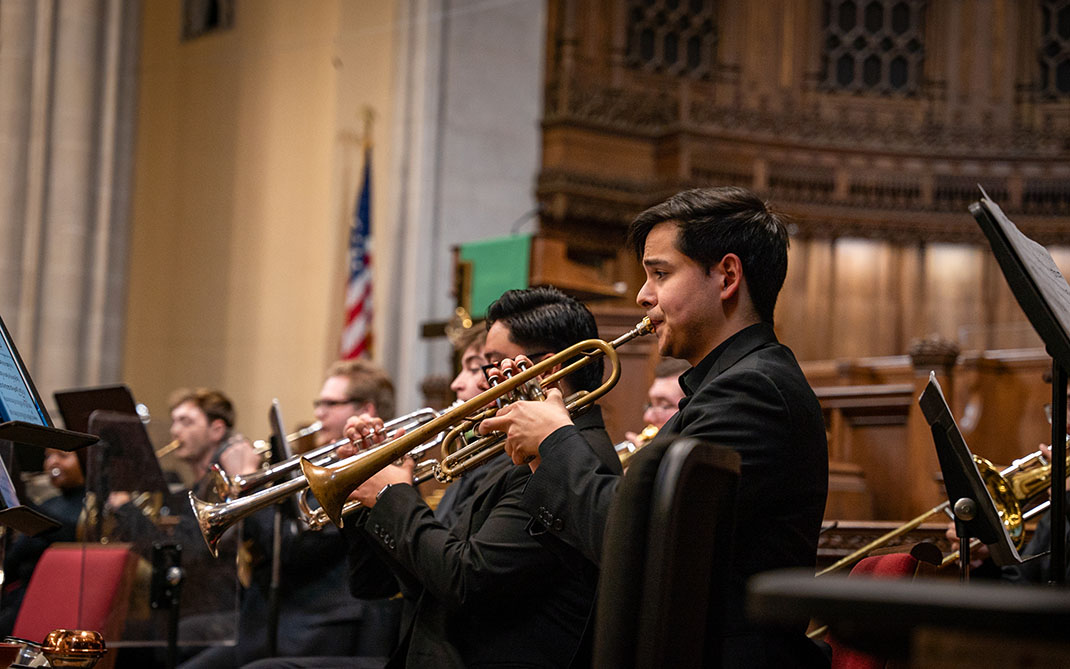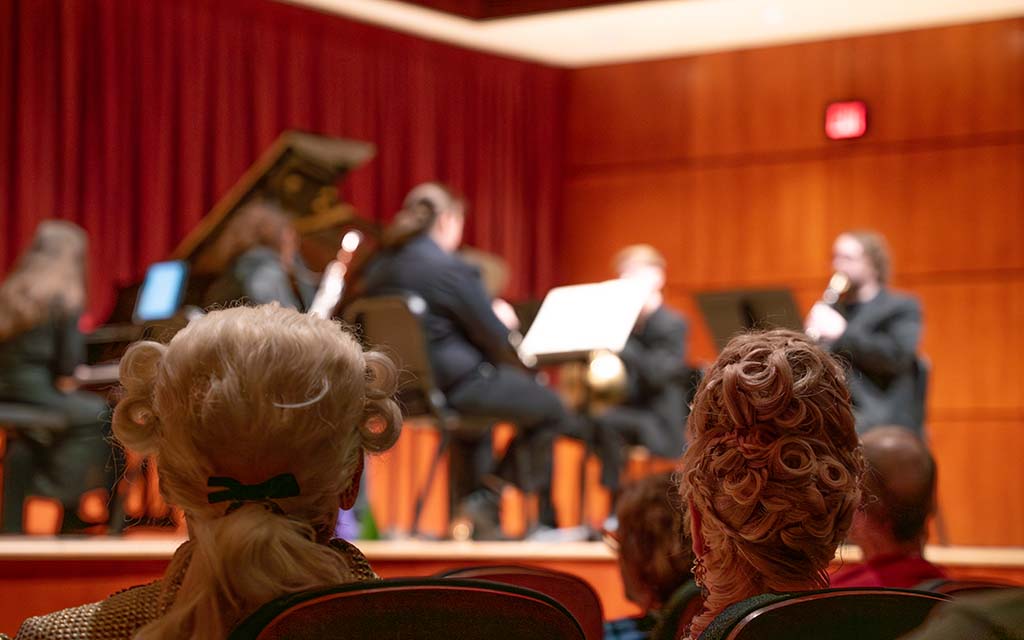External Professional Activities for Pay Regulation 610
| Regulation 610 | Approved: February 17, 2011 |
| UNIVERSITY OF NORTH CAROLINA SCHOOL OF THE ARTS External Professional Activities for Pay Regulation Regulation 610 |
|
| Source of Authority: | UNC Policy Manual § 300.2.2 |
| Revision Authority: | Board of Trustees |
| History: | First Issued: February 17, 2011 |
| Related Policies and Regulations: | North Carolina State Government Ethics Act, N.C.G.S. Chapter 138A; UNC Policy Manual § 200.1; UNC Policy Manual § 300.2.2; Conflicts of Interest (Employees) Policy 603; Facilities Use Policy 402; Improper Activities Reporting Regulation 114; Secondary Employment Regulation 627 |
| Responsible Offices: | Provost Vice Chancellor for Finance and Administration |
| Effective Date: | February 17, 2011 |
I. Purpose
This regulation complies with the Board of Governor’s mandate that each constituent institution adopt policies and procedures regarding conflicts of commitment and external professional activities for pay.
II. Scope
This regulation applies to UNCSA EHRA employees.
III. Definitions
A. “Conflict of Commitment” relates to an individual’s distribution of efforts between obligations to one’s UNCSA employment and one’s participation in other activities outside of their UNCSA employment, including such generally encouraged extensions of professional expertise as professional consulting. A conflict of commitment occurs when the pursuit of such outside activities involves an inordinate investment of time that interferes with the employee’s obligations to students, colleagues, and to UNCSA’s missions.
B. “Conventional Work Week” means the hours of 8:00 AM to 5:00 PM, Monday through Friday.
C. “External Professional Activities for Pay” means any activity that is 1) not included within one’s UNCSA employment responsibilities; 2) performed for any entity, public or private, other than UNCSA; 3) undertaken for compensation; and 4) based upon the professional knowledge, experience and abilities of the employee.
D. “Inappropriate Use or Exploitation of University Resources” means using any services, facilities, equipment, supplies or personnel which members of the general public may not freely use. A person engaged in external professional activities for pay may use his or her office and publicly accessible facilities such as University libraries in that connection with the external activities; however, an office shall not be used as the site for compensated appointments with clients, (e.g., for counseling or instruction).
E. “Primary Duties” consist of assigned teaching, scholarship, research, institutional service requirements, and other assigned employment duties.
F. “Secondary Duties” consist of professional affiliations and activities traditionally undertaken by EHRA employees outside of the immediate University employment context that contribute to the benefit of the profession and to higher education in general. Such endeavors, which may or may not entail the receipt of honoraria or the reimbursement of expenses, include membership in and service to professional associations and learned societies; membership on professional review or advisory panels; presentation of lectures, papers, concerts or exhibits; participation in seminars and conferences; reviewing or editing scholarly publications and books; and service to accreditation bodies.
G. “UNCSA Employment Responsibilities” include both “primary duties” and “secondary duties.”
IV. Regulation
A. Generally
1. Primacy of Duties
a. UNCSA employees are expected to devote their primary professional loyalty, time, and energy to their teaching, research, service and other UNCSA duties.
b. Outside activities and financial interests must be arranged to not interfere with the primacy of the employee’s commitments to UNCSA.
2. Activities for pay not involving the employee’s professional knowledge, experience and abilities are not subject to the advance disclosure and approval requirements of this regulation, although they are subject to the basic requirement that outside activities of any type not result in neglect of primary UNCSA employment responsibilities, conflicts of interest, inappropriate uses of the University name or resources, or claims that UNCSA is responsible for the activity.
3. External professional activities for pay performed for another institution or agency of the State of North Carolina also must comply with UNCSA and State policies governing dual employment and compensation, unless an exception to those State policies is expressly authorized by the Chancellor or the President.
4. Employee’s external activities for pay may also be subject to UNC and UNCSA’s policies regarding political activities.
B. Permissibility. External Professional Activities for Pay may only be undertaken if they do not:
1. Create a conflict of commitment by interfering with the employee’s obligation to carry out his/her primary duties in a timely and effective manner;
2. Create a conflict of interest vis-a-vis the individual’s status as a UNCSA employee;
3. Involve any inappropriate use or exploitation of University resources;
4. Make any use of the name of the University of North Carolina, UNCSA or any of its constituent institutions for any purpose other than professional identification; OR
5. Claim, explicitly or implicitly, any University or institutional responsibility for the conduct or outcome of such activities.
C. Notice of Intent
1. Any employee who plans to engage in external professional activity for pay shall complete and file the “Notice of Intent to Engage in External Professional Activity for Pay” (“Notice of Intent” see Appendix below) no less than 10 calendar days before the date the proposed activity is to begin. A Notice of Intent may be filed within 10 calendar days of the proposed activities beginning date under exceptional circumstances.
2. An employee must file a separate Notice of Intent with his/her department head for each and every activity in which an employee proposes to engage.
3. Approval
a. An employee must receive written approval from the appropriate administrator prior to engaging in an external activity for pay.
b. Approval of a “Notice of Intent” may be granted for a period not to exceed the balance remaining as of the date of approval of either:
i. the fiscal year if the employee is a 12-month employee or an employee with contract service periods that include the summer session
ii. the academic year if the employee is a 9-month employee with no summer session contract period
c. If the approved activity will continue beyond the end of the relevant fiscal or academic year in which it was begun, an additional “Notice of Intent” must be filed at least ten (10) days before engaging the activity in the succeeding relevant year.
4. Appeals
a. In the event that the employee’s department head denies the employee’s proposed activity, the employee may appeal the department head’s decision to the Provost/Vice Chancellor for Finance and Administration.
b. If the Provost/Vice Chancellor for Finance and Administration made the initial determination to deny the proposed activity, the employee may appeal to the Chancellor.
c. All appeals must be made in writing.
d. The decision of the administrator hearing the appeal is final.
5. Exception. This section regarding Notices of Intent, may not apply to EHRA employees serving on academic year (9-month) contracts, if
a. the external professional activity for pay is wholly performed and completed outside of the academic year;
b. the activity does not conflict with UNC or UNCSA regulation; AND
c. the activity is not conducted concurrently with a contract service period for teaching, research, or other services to UNCSA during a summer session.
D. Honorarium
1. When State-reimbursed travel, work time, or resources are used or when the activity can be construed as related to the employee’s State position or official duties on behalf of the State, the employee shall not receive an honorarium or the employee may request that the honorarium be paid to the University.
2. Employees may only retain an honorarium only for activities performed during non-working hours or while the employee is on annual leave, if all expenses relating to the activity are the responsibility of the employee or a third party that is not a State entity and the activity has no relation to the employee’s State duties.
3. Employees who are exempt from the Fair Labor Standards Act and who are out of work due to an external professional activity for pay, or who wish to retain an honorarium, may choose to use periodic uncompensated leave rather than annual leave.
E. Use of Other Employees. Under no circumstances may a department head use the services of a supervised employee during University employment time to advance the department head’s external professional activities for pay.
F. Pursuit of Private Interests by SAAOs in Which Activities are Compensated
1. If an SAAO engages in an activity which earns the SAAO external income, and the activity is not part of the employee’s UNCSA employment responsibilities, the employee must use annual leave for activities occurring during the conventional work week.
2. Regardless of if annual leave is used by an SAAO to pursue a private interest, the SAAO must file appropriate Notices of Intent pursuant to this property.
G. Reporting
1. Departmental summaries of all “Notices of Intent” filed and of actions taken in response during the preceding fiscal year shall be submitted by department heads to the Chancellor’s Office each July.
2. The Chancellor’s Office will forward these summaries onto General Administration annually, upon General Administration’s request.
H. Discipline. Failure of an employee to meet his/her fulltime UNCSA employment responsibilities or otherwise abide by this regulation may constitute “neglect of duty” and be grounds for disciplinary action, up to and including discharge.
V. Revision History
A. February 17, 2011 – Adopted by Board of Trustees as part of UNCSA Policy Manual
UNIVERSITY OF NORTH CAROLINA SCHOOL OF THE ARTS
External Activities for Pay Procedures
Procedure 610
I. Filing a Notice of Intent Procedures
A. The employee completes the Notice of Intent form and submits the form to his/her department head.
B. The employee’s department head reviews the Notice of Intent and notifies the employee of his/her determination within 10 calendar days of the date the “Notice of Intent” is filed.
1. If the department head determines the activity to be consistent with University policy or regulation, the department head signs in Section 1 of the Notice of Intent and the employee may engage in the activity.
2. If the department head determines the activity to be inconsistent with University policy or regulation, the department head signs in Section 2 of the Notice of Intent and the employee may not engage in the activity pending further action on appeal.
a. The employee must file a written notice of appeal to the appropriate administrator within 10 calendar days of receiving notice of the department head’s decision.
b. The decision regarding the employee’s appeal will be made within 10 calendar days of receiving notice of the appeal.
c. The original copy of the Notice of Intent should be forwarded to the Provost/Vice Chancellor for Finance and Administration as appropriate for approval, if necessary, and filing in the employee’s personnel file.
